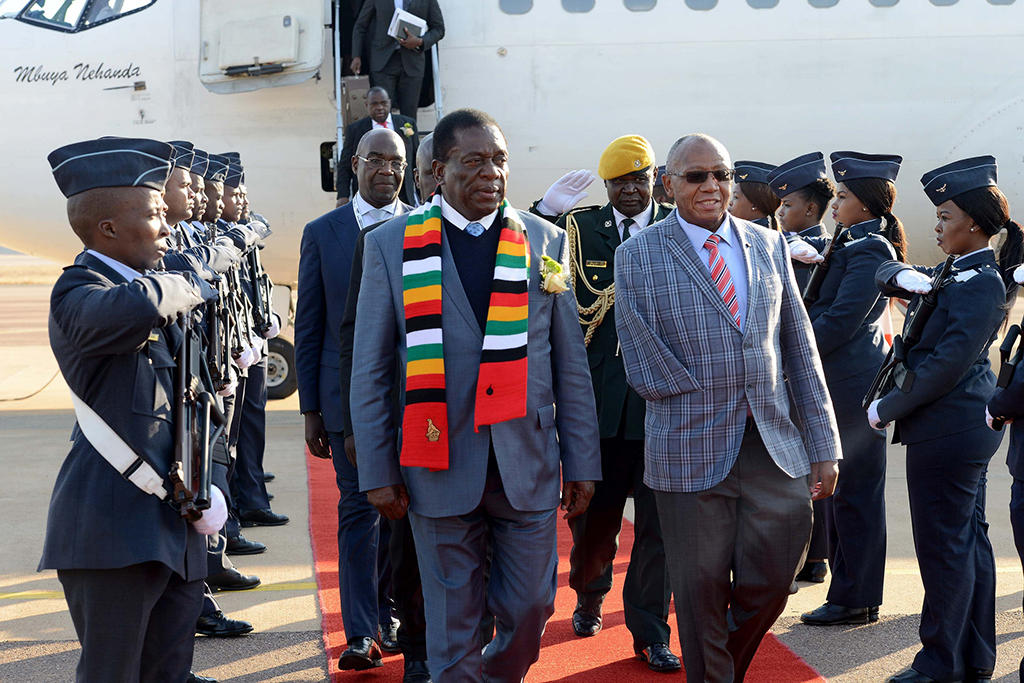Over 80 percent of eligible voters participated in Zimbabwe’s July 30 polls—a tense, reasonably competitive, and possibly historic election. After 37 years of authoritarian rule under former President Robert Mugabe, there was hope for a break with the past, with a halt to the political oppression of opposition members and civil society. But fears loomed large of a return to tyranny when protesting opposition members faced a violent response by the Zimbabwean army shortly after Election Day.

The Zimbabwe Electoral Commission (ZEC) has confirmed the victory of incumbent President Emmerson Mnangagwa with 50.8 percent of the vote, enough to avoid a run-off against opposition leader Nelson Chamisa. The post-election atmosphere will remain tense, as the opposition has vowed to challenge the results.
The risk of violence at the polls in Zimbabwe was significant from the start, with a tense transition after a strange coup that wasn’t really a coup, followed by a high-stakes vote run by election and security authorities with a poor reputation and alleged bias. The limited trust in the ZEC and aggressive handling of opposition protests by the military are particularly concerning, as prior USIP research demonstrates that the performance of election and security authorities is critical for peaceful elections.
Despite isolated incidents, the pre-election period and voting process were generally calm. The political freedom of voters was largely respected during the campaign, and the elections were relatively well administered. International observation missions did express concern about the unlevel playing field, including overt uses of state resources for campaign purposes and a bias in favor of the ruling party and incumbent president in the state-owned media’s coverage of the elections. Observers also raised concern about the destruction of campaign materials and voter intimidation, as prospective voters faced pressure and coercion to shape their vote.
Both ruling (ZANU-PF) and opposition (MDC-Alliance) candidates claimed victory immediately after the vote, sparking protests in the capital Harare and an aggressive response from the security forces, causing at least six deaths according to the Zimbabwean police. The violence triggered memories of the 2008 violence, when nearly 200 people were killed as a result of political violence ahead of the run-off between Mugabe and Morgan Tsvangirai. In a joint statement, international election observation missions denounced the excessive use of force to quell protests. The new administration will have a lot of work to do if it hopes to regain popular trust in its institutions, and to consolidate the few democratic gains that have been made.



